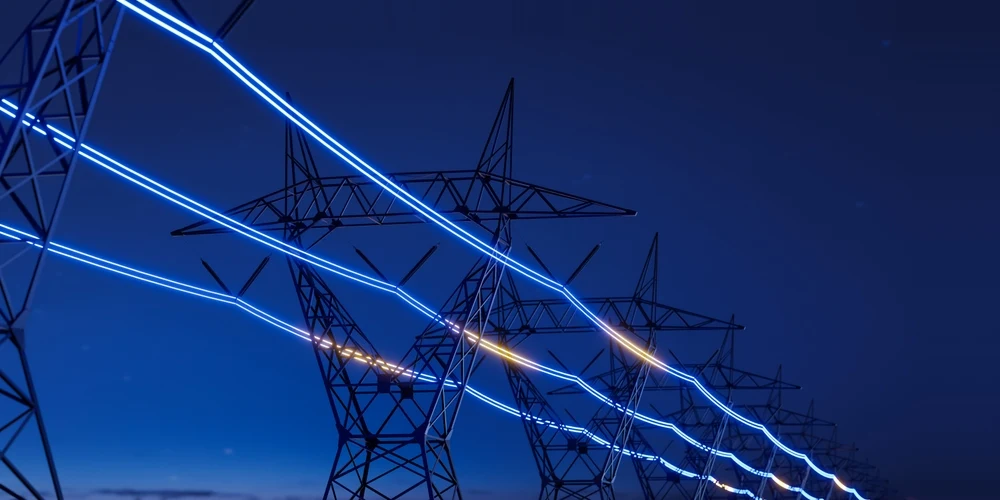

This course introduces non-engineers to the fundamentals of electrical power systems, covering generation, transmission, and distribution principles to build essential understanding of system operation, safety, and performance within industrial and commercial energy environments.
This Introduction to Electrical Power Systems for Non-Engineers course is innovatively crafted for individuals without engineering qualifications who seek insight into the basic and operational concepts of electric power systems. The course commences with conventional electricity generation plants and progressively explains the concepts of renewable energy power generation.
Participants will investigate the fundamental constituents of electric power transmission and distribution, including the functions of power transformers, circuit breakers, electric motors, and earthing systems. The course places great emphasis on the safety and hazards of electricity, which are critical in every electrical installation.
Understanding the basic single-line diagram is a key area of the course, as it is essential for comprehending electrical power flow in most installations. Attention to Alternating Current (AC) systems will outline fundamental electrical quantities, including voltage, current, active power, power factor, and frequency for both single-phase and three-phase AC systems. Additionally, the course highlights the need for a robust maintenance culture grounded in the use of appropriate testing and measuring equipment to build and sustain reliability and security in electric power systems.
By the end of this course, participants are expected to:
Unit 1: The AC Network and Electric Shock Hazards
Unit 2: Operation of Various Types of Electrical Protection Devices
Unit 3: Distribution Power Transformers and AC Motors
Unit 4: The Interpretation and Use of Drawings
Unit 5: The Use of Common Test Equipment and Maintenance
Invalid mobile number. Please enter a valid number.
















